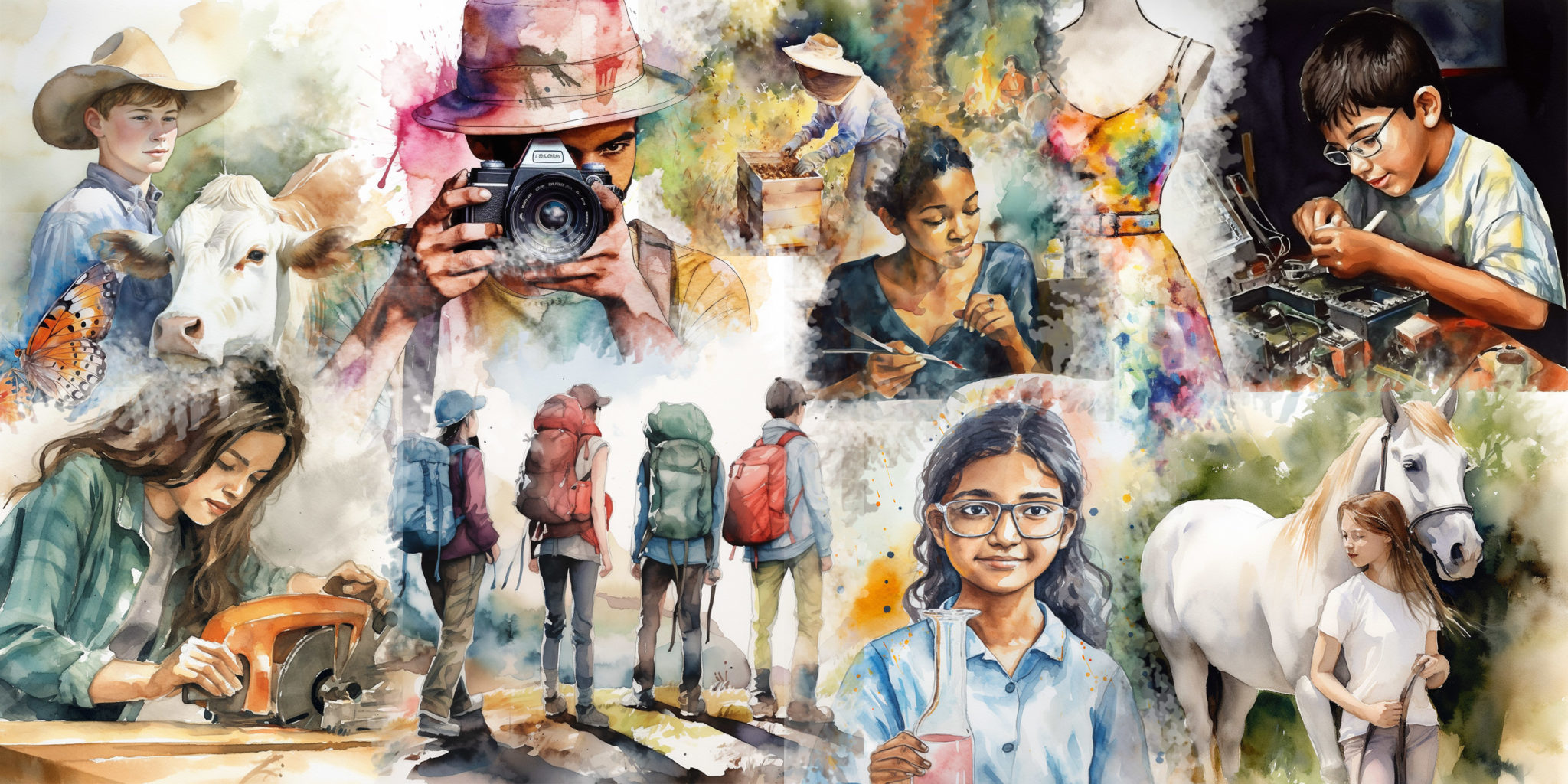
Drawn to serve, San Luis Valley 4-H specialists chart path for youth to succeed
Across different counties, communities and cultures, Colorado 4-H leaders are united by a common cause: ensuring that every child in the state feels valued, cared for, and has all the opportunities they need to reach their full potential.
Underlying that goal is the understanding that by spreading kindness and encouraging curiosity, anyone can become a positive influence and transform a child’s life.
For Extension’s two 4-H specialists serving the San Luis Valley’s six counties – Carol Gurule and Morgan Young – each were drawn to serve youth after experiencing firsthand how even a fleeting interaction can change the trajectory of someone’s life.
Carol Gurule’s story
In Gurule’s role, she helps underserved Latino youth and their families bridge the gap between high school and higher education as part of the 4-H Juntos program.
Growing up in the San Luis Valley, her connections to the region – and the challenges many of its residents can face – run deep.
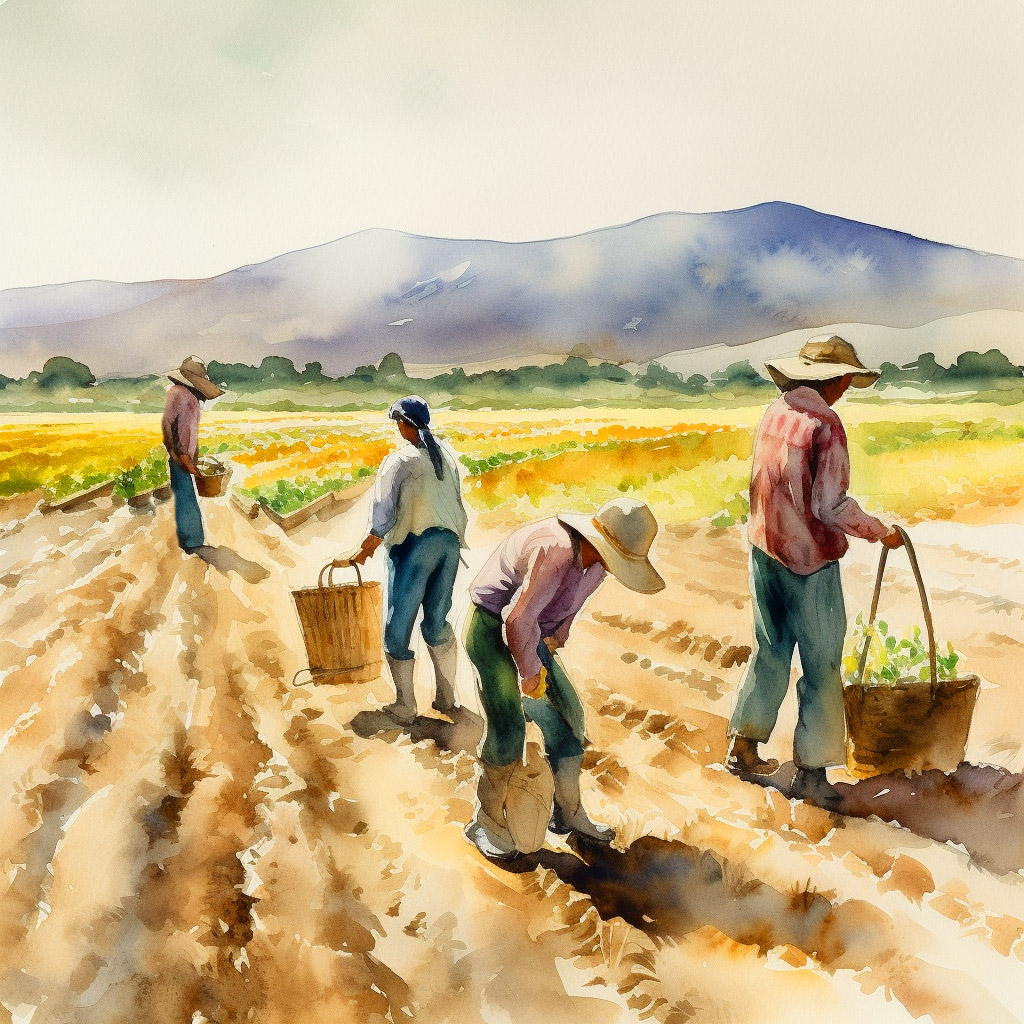
“People who are struggling need to know there’s someone out there willing to help, who’s gone through what they have, who’s grown up without money and knows that doesn’t mean you’re poor.”
– Carol Gurule, 4-H Juntos Specialst, San Luis Valley Extension
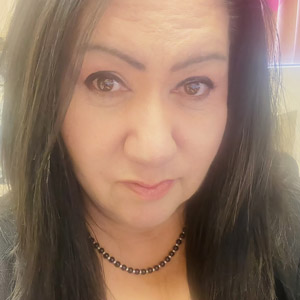
Gurule’s time spent getting to know people up and down the San Luis Valley has given her a wealth of life experiences that she draws from to advocate for others, from working alongside her parents and siblings in the fields during harvest time, to feeling left out by her teachers at school, which clarified the lessons she learned from her family that welcomed people from all walks of life to join them at their dining table.
“I want to make everyone I talk with feel welcome, to let them know we’ve all gone through struggles, and I’m here to help,” said Gurule, who ultimately became the first in her family of nine to graduate from college.
A surprise visitor
Although her dad only had a fourth-grade education, Gurule looked up to him as someone who had been able to make a life for himself and his family.
“I wanted to be educated, I wanted to be more like my dad, I wanted to have a business,” she said. “This was before I even knew my dad hadn’t been educated, that he had to teach himself.”
But she faced challenges getting there. Because so many people in her community spoke Spanish, she didn’t need to learn English until she was nine years old. Although the curious pre-teen would read through everything they had around their home, she still wanted more.
“We had the Bible and magazines like the JCPenny catalog,” Gurule said.
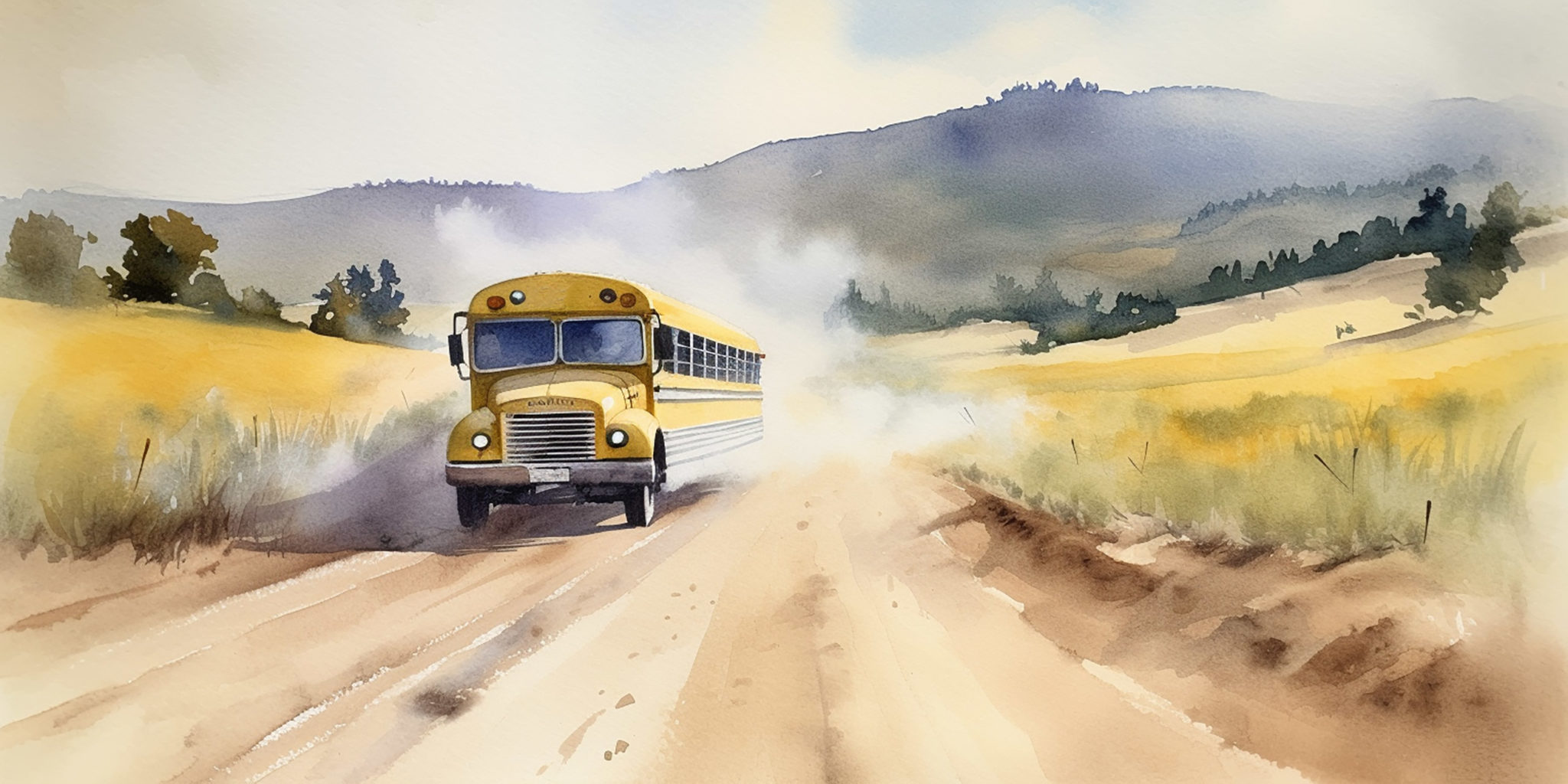
Her life changed one day as she and her sister spotted a bus rumbling down the dirt road toward their house. Startled, the pair took off running to find their mom, who helped introduce them to the friendly traveler: Maria Abeyta, a Conejos County librarian, who had brought a mobile library to their doorstep.
A ‘haven’ on wheels
Abeyta welcomed the girls onto the bus, where the smell of books filled the air.
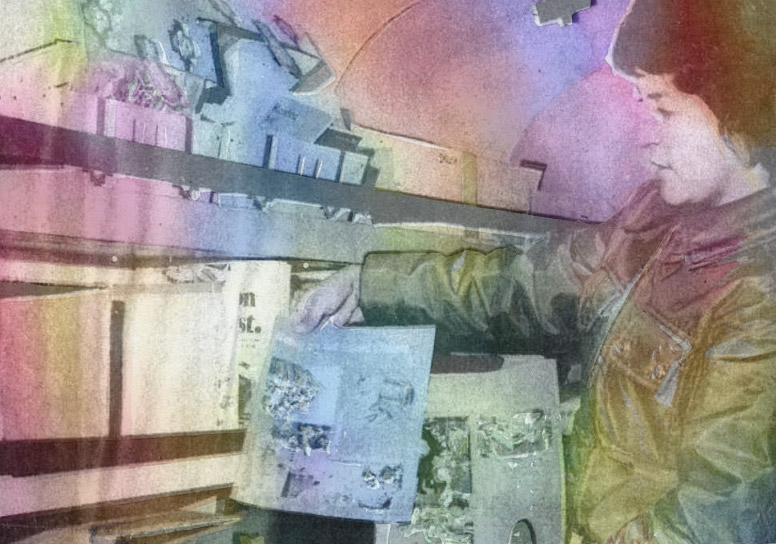
“Her acceptance, her willingness to share, and just saying out loud, ‘It’s okay, you can come in and hold the books,’ I had found my haven,” Gurule said.
“I picked up a book, opened its pages [and] was filled with anticipation, wondering what amazing story would unfold as I turned each page,” said Gurule.
“She gave us some in English, some in Spanish, and it sparked this thought of what it would be like not having to work in the field in the hot summer sun or freezing winter days all my life, that this could become my life,” she said.
“She opened up a whole new world to us, just being able to travel to different places through the books she shared,” Gurule continued. “To this day I love reading and it is because that mobile library was available to us in our little rural community.”

The challenge of not feeling seen
As Gurule grew older, she came to face more challenges in school. She had been seen in her small community elementary, but going on to larger schools left her feeling out of place.

“I was not guided. But I knew I had more value than that.”
– Carol Gurule
However, Gurule’s experience being encouraged by Abeyta and her parents gave her a self-confidence that would guide her for decades.
“I was one of those kids who would go to school but was left in the corner,” said Gurule. “I was not talked to; I was not guided. But I knew I had more value than that.”
She made it a point throughout her schooling to get on the honor roll so her parents could see her name printed in the Alamosa Valley Courier alongside her fellow high-achieving classmates.
“I wanted to make certain that I would not be a statistic, that I was going to graduate from college,” Gurule said.

Helping people see their value
Her experience feeling isolated, but understanding that she had value, led Gurule to try and support others who were going through similar experiences.
When a new family moved to their neighborhood and was ostracized because of their background, Gurule was the only one on the bus who would invite them to sit beside her.
Where other people see difference, in culture, class, ethnicity or anything else, Gurule sees people trying to make the best life for themselves and their families.
“People who are struggling need to know there’s someone out there willing to help, who’s gone through what they have, who’s grown up without money and knows that doesn’t mean you’re poor,” Gurule said. “We were rich growing up, because we were taught to help others.”
“It doesn’t matter what the label is, we’re all the same, same world, same sky, same stars, we’re all trying to breathe and make life,” she said.
After graduating high school, Gurule moved to Brighton to continue her education. She earned her associate degree in accounting and then a bachelor’s degree in behavioral sciences. Her education empowered her to pursue a career dedicated to doing what she loved: helping those in need.
“The experiences I endured in my youth inspired me as I knew I had to work harder at everything,” Gurule said.
Gurule spent 15 years working as a social worker before joining CSU Extension as the Juntos 4-H specialist in the fall of 2022.
“I knew then that the difference I wanted to make in our communities would be to assist those children left in the corners, not knowing who to turn to, not knowing that there are resources like CSU Extension and Juntos 4-H to help,” she said. “My passion is to educate students and their families as their struggles are real. I am here to help make their dreams become a reality.”
Morgan Young’s story
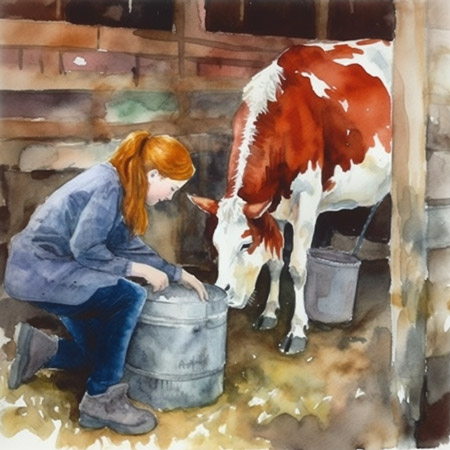
For Morgan Young, her path to become a 4-H specialist in the San Luis Valley started on the Western Slope, where she grew up taking part in Mesa County’s 4-H program.
From the time Young was five years old, the sixth-generation rancher was involved in 4-H. However, she was always counting down the days until she was old enough that her parents would let her take on the project she really wanted: raising a calf.
She finally got that opportunity when she was 11, raising two cattle per year. She would sell one at the county fair and keep the other to help feed her family.
“I was involved from the time I was a Cloverbud until I was an old lady,” joked Young, who aged out of the program when she left home to study beef production and animal science at West Texas A&M, ultimately earning her master’s degree from the university.
“I actually didn’t think I was going to be a 4-H agent, and I think most 4-H agents will tell you that,” Young said. “I thought I was going to work in the beef industry until I came back home to intern for Mesa County 4-H.”
A turning point
One day, a young girl came into their office and Young could tell that her family wasn’t very well off.
“I asked her how we could help her that day and she said, ‘It’s my birthday and my parents asked me what I wanted. I told them I wanted to join 4-H,’” recalled Young, who followed up with a simple question: Why?
“The only person who is nice to me at school is in 4-H and I want to be just like them,” responded the young girl.
“That was a turning point for me,” said Young. “I told myself, ‘You know what, you need to put the beef thing to the side and really focus on making an impact on kids,’ and that’s why I became a 4-H agent.”

“I want to make sure that all our kids know that they belong and that they can become amazing people and always have a positive impact on others.”
– Morgan Young, 4-H Specialist, San Luis Valley Extension
An increasing impact on youth development
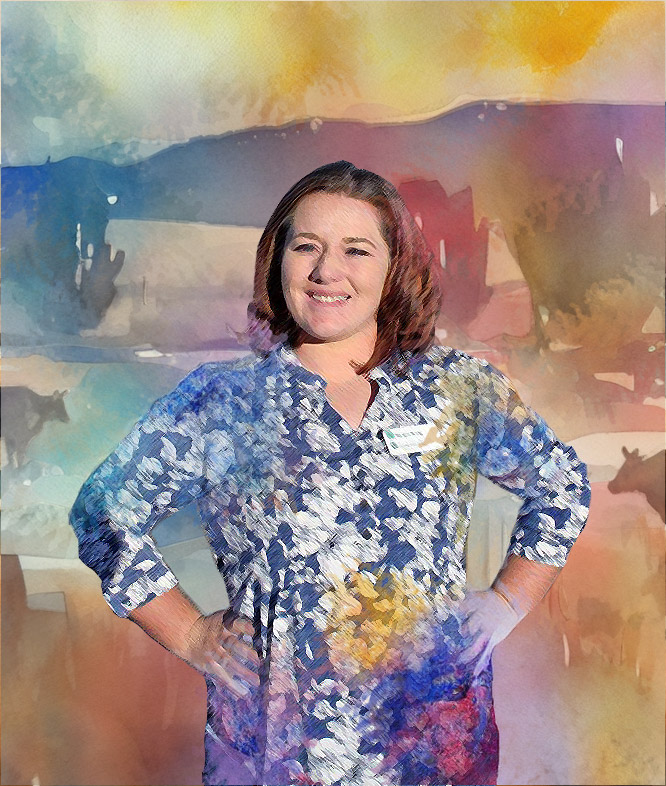
In just the past year, Young has helped increase the number of San Luis Valley youth participating in 4-H by 60%. Now, there are more than 400 youth and adult mentors enrolled in community 4-H clubs across the area’s six counties.
With the help of local county program coordinators, the San Luis Valley’s 4-H team also was able to expand their reach to more than 1,400 additional young people through non-traditional and shortened programs delivered in local schools and through community partners like the Boys & Girls Club.
“I want to help foster that kindness and respect for each other in all of my programs, from our 4-H members to our volunteers,” Young said.
“Every child deserves a champion,” Young said. “I want to make sure that all our kids know that they belong and that they can become amazing people and always have a positive impact on others.”
“To help them do that, we teach them skills that can help them get jobs, become leaders in their communities, and pursue opportunities for higher education after graduating high school,” Young said.
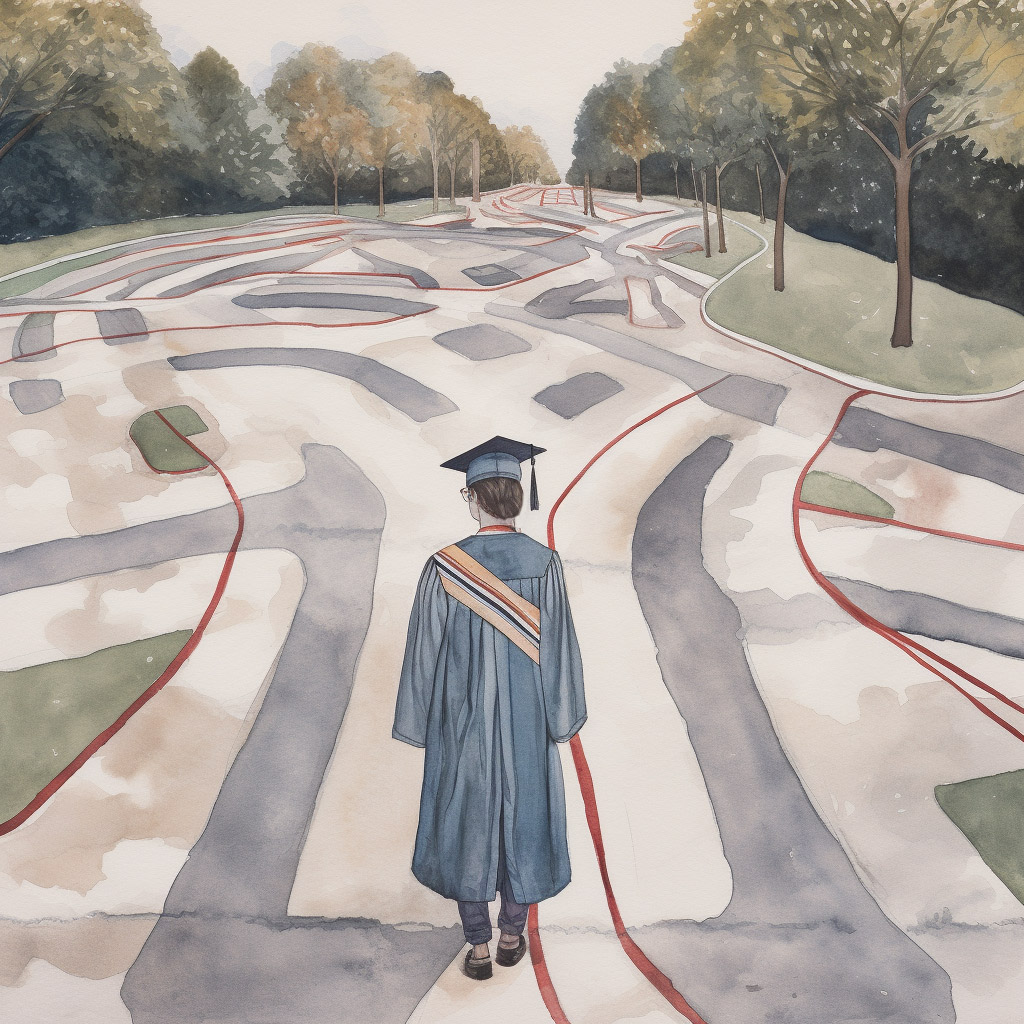
“The ultimate goal is having each of our 4-H’ers understand their options when they get out of high school”
– Morgan Young
Education interrupted: San Luis Valley students buck the trend
In the San Luis Valley, students who want to pursue higher education have the odds stacked against them.
Income is a major factor for whether students attend college, and across the Valley’s six counties the median household income is just over $40,000, roughly half of the statewide average.
In Colorado’s rural areas, students are 10% less likely to pursue post-secondary education than the statewide average.
Due to the Covid-19 pandemic, Colorado’s 2020 high school graduates pursued post-secondary education – from certificate programs to associate’s and bachelor’s degrees – at the lowest rate in over a decade, with enrollments plunging 5% statewide to include just half of all graduates.
Two of the populations that saw the greatest declines in college enrollment rates were rural students and those from lower income families.
But, those numbers are not the end of the story. The students in the San Luis Valley have decided that data doesn’t equal destiny.
In the Valley’s three largest school districts, 60% of their 2020 high school graduates went on to pursue higher education, rising above statewide trends.
Why it’s important
In Colorado, students with post-secondary education earn more money, are less likely to become unemployed and more likely to see their wages grow over time.
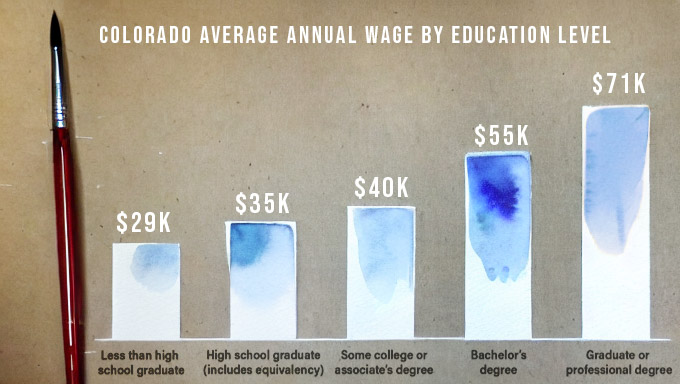
“I couldn’t be more proud of our youth development team,” said Larry Brown, San Luis Valley Extension director. “That includes Carol, Morgan, and all our individual county 4-H youth program coordinators.”
“As we rebuild this Extension team for the Valley, we have been extremely fortunate to attract and hire people, not because they wanted to work at this job, but because they are inspired to serve our cause,” Brown continued.
“Carol is well into teaching her first Juntos course, she’s leading a Rural Action Project, and is about to begin facilitating a Strengthening Families class,” said Brown. “And Morgan is growing and strengthening the 4-H membership program in every way, plus she has started a Cloverbud’s program for the first time in the Valley, and she’s bringing back livestock judging.”
“Everything they do fosters healthy youth and families, prosperous farm, ranches, and businesses, and strong, resilient, proud communities throughout the San Luis Valley,” he continued.
“When you have a team of inspired people, they inspire the community in which they serve. My own children are raising my grandchildren in this community, and I know they, and their friends, are going to be better people because of Carol’s and Morgan’s influence.”
The role of 4-H
“For me the ultimate goal is having each of our 4-H’ers understand their options when they get out of high school, whether that’s going to a 4-year school, a community college, trade school or working on their family farm,” Young said.
“We try to give each of our kids a foundation where they understand financially what they’re getting into, how to handle their money and make the best choices for their future,” she said.
From metalworking to raising livestock and building robots, there are more than 60 projects that 4-H’ers can get involved with to not only explore their interests, but to also build their skills making informed financial choices.
By keeping detailed records of expenses and potential income, while relating their projects back to possible career fields or business ventures, 4-H helps its members lay the groundwork they’ll need as they grow older and start taking on more complex financial decisions.
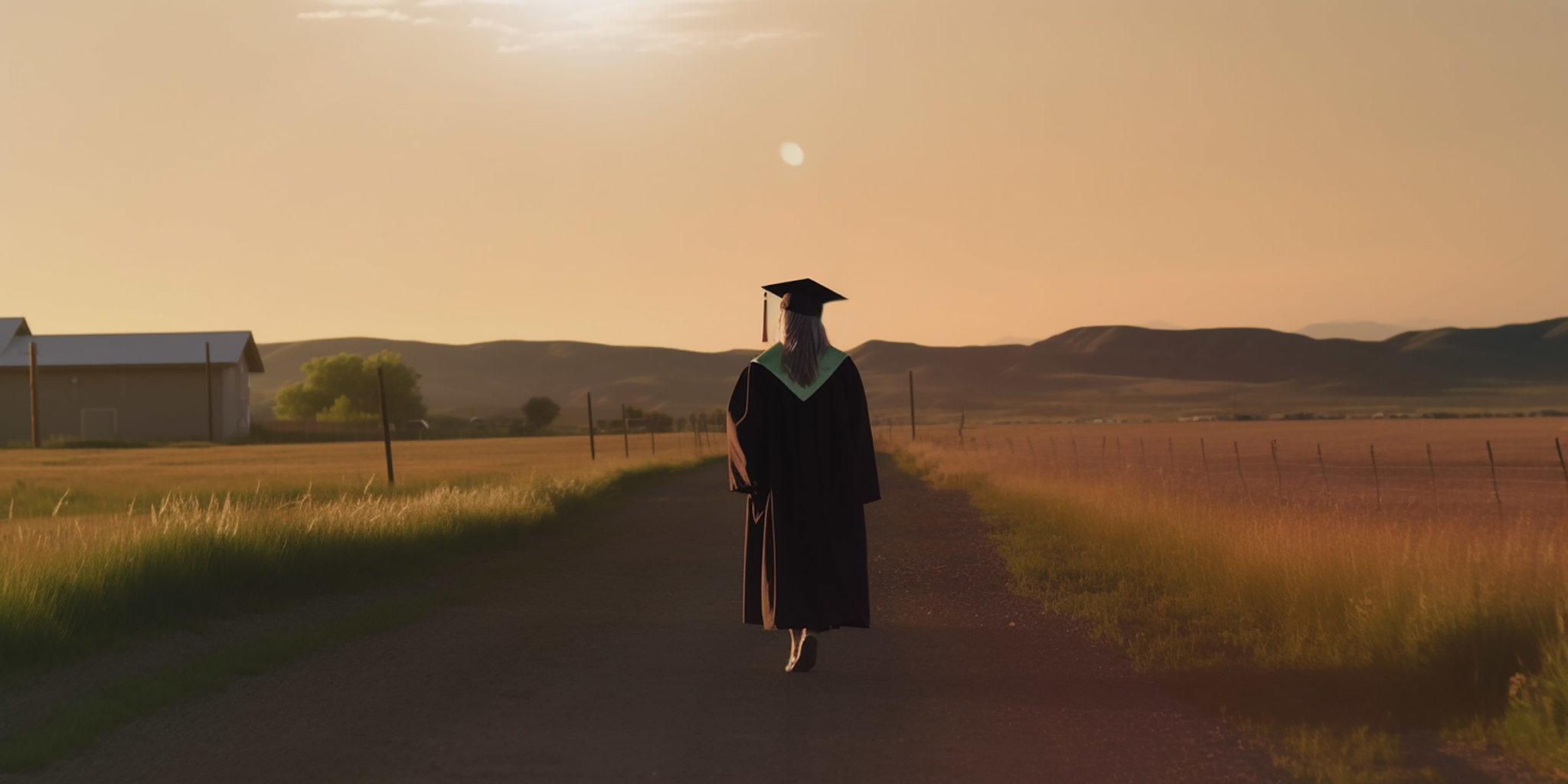
To learn about how to get involved in 4-H, visit co4h.colostate.edu or reach out to your local CSU Extension office.